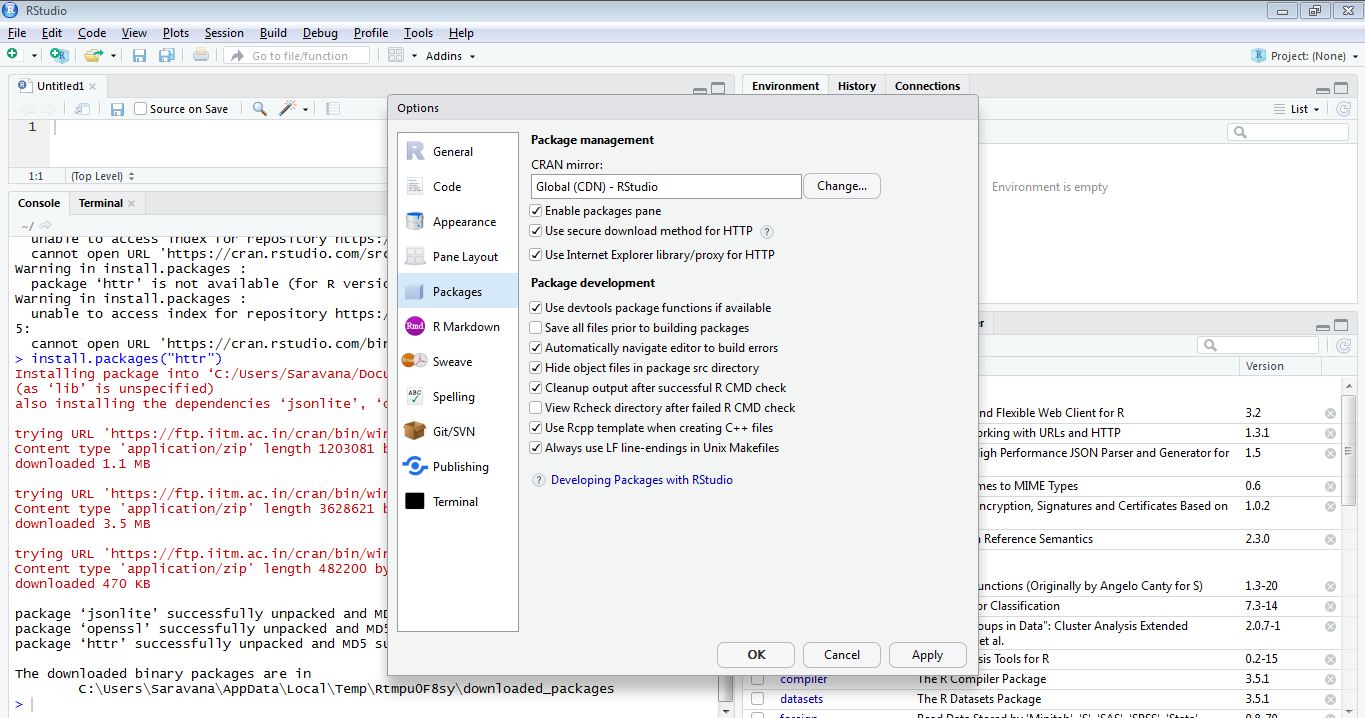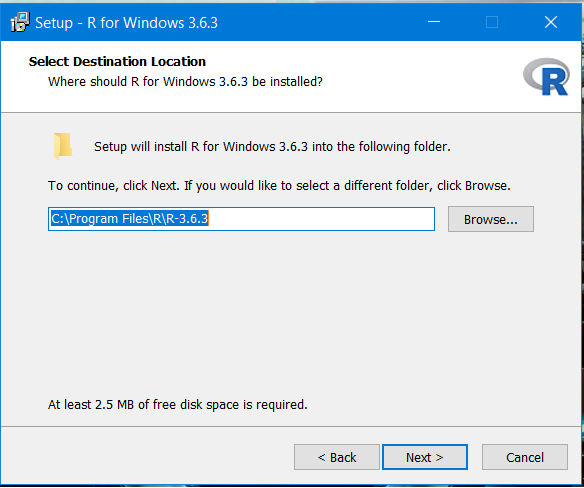

- INSTALL R STUDIO WITH BREW HOW TO
- INSTALL R STUDIO WITH BREW INSTALL
- INSTALL R STUDIO WITH BREW PASSWORD
INSTALL R STUDIO WITH BREW INSTALL
A typical way to do this is to install a package from GitHub with devtools::install_github("OWNER/REPO").īut, unlike using install.packages() and CRAN, you will be downloading and installing a source package, not a binary package. Prepare your system to build packages from sourceĪs you participate more in R development, you will inevitably want to run development versions of other people’s packages, i.e. not the version available from CRAN. If all is not well, there are also troubleshooting tips. The Connect RStudio to Git and GitHub section of Happy Git helps you confirm that all is well. If you want to use RStudio to work with Git (and therefore GitHub, see previous paragraph), you need to make sure RStudio can find your Git executable. If you are an SSH person, set the usethis.protocol option to “ssh” (as of v2.0.0, “https” is the usethis default).
INSTALL R STUDIO WITH BREW PASSWORD
You probably don’t want to enter your username and password all the time, so either cache credentials for HTTPS or set up SSH keys. That is beyond the scope of this article, but see the Connect to GitHub section in Happy Git. If you plan to use GitHub, you need to make sure your local Git can pull from and push to. But use of usethis is highly correlated with the desire to do all of these things, in a pleasant way. Here is example code:Īs stated above, usethis doesn’t actually use the Git you install and has no absolute requirement that you use GitHub or use RStudio. Rprofile, which can be opened for editing via usethis::edit_r_profile(). The rationale is that the normal Git workflow makes it easy to see and selectively accept/discard any proposed changes.ĭefine any of these options in your. usethis.overwrite: if TRUE, usethis overwrites an existing file without asking for user confirmation if the file is inside a Git repo.stdir: a default directory to use in create_from_github() and use_course().usethis.quiet: if TRUE, prevents usethis from printing messages to the console.scription: named list of default DESCRIPTION fields for new packages made with usethis::create_package().See the help for git_protocol() for more. Either “https” (the usethis default) or “ssh”.



INSTALL R STUDIO WITH BREW HOW TO
Key steps that accelerate your R development workflow (details on how to do all this follow): But usethis can offer the most support for package development and Git/GitHub workflows with some advance configuration. These setup tasks do not need to be done all at once or even done at all. You will get the most out of usethis if you do some setup.


 0 kommentar(er)
0 kommentar(er)
